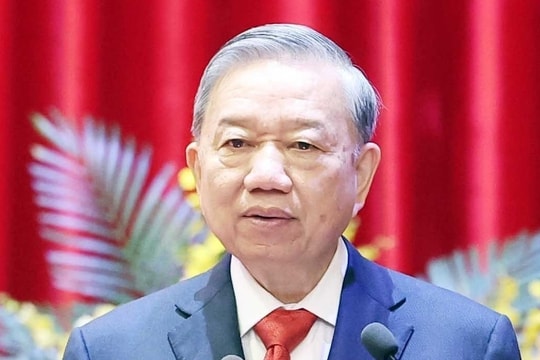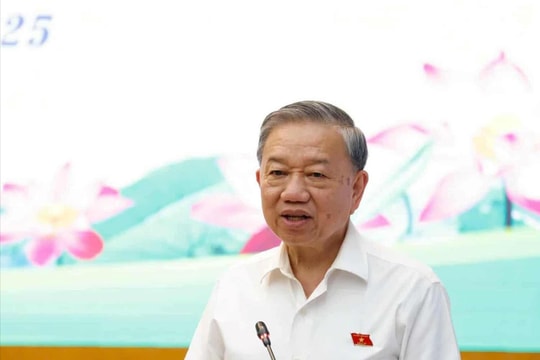Increased 11 times, salary system is still 'like the subsidy period'
The total fund for paying salaries and allowances to officials and civil servants increased more than 11 times in 15 years, from 26.5 trillion VND to 295 trillion VND.
On November 21, at the conference on salary reform organized by the Ministry of Home Affairs, Mr. Dang Nhu Loi (former Deputy Head of the Committee for Social Affairs) said that Vietnam had had three major salary reforms in 1960, 1985 and 1993, but increasingly revealed many unreasonable points. In 2004, the State issued a new salary regime, adjusted the increase in basic salary, expanded the salary relationship and separated the salary of the production and business sector from the budget sector, essentially still based on the salary calculation method of 1993.
According to Mr. Loi, in 1993 there were only 9 types of salary allowances for civil servants and armed forces, now the number has increased to about 20 types. The allowance system is increasingly patchy, with overlapping amounts causing the general salary relationship to break down.
"The paradox of insufficient wages and too many allowances comes from unbalanced management. The pressure of low wages forces industries to find ways to add more allowances," he said.
Mr. Loi assessed that every year the state spends tens of thousands of billions on salary reform, training, fostering, and exams to promote ranks, but the quality of civil servants remains stagnant.
He also gave figures, in 2001 there were more than 5.1 million people receiving salaries and subsidies from the state budget (excluding the armed forces) with a total budget expenditure of nearly 26,500 billion. In 2015, the number of people receiving salaries increased to 6.5 million, with a total budget expenditure of about 295,000 billion (an increase of more than 11 times).
"There is no country like Vietnam that pays salaries based on coefficients, leveling the entire civil service system to receive the same salary. Once on the payroll, they are assigned a salary and receive it regardless of each person's professional qualifications and work efficiency," he assessed.
Associate Professor, Dr. Tran Quoc Toan, former Deputy Head of the Government Office, frankly stated that Vietnam's current salary system was designed for the subsidy period. The more it is improved to adapt by changing the allowance regime and salary scale, the more inadequate the salary system becomes.
According to experts, it is necessary to build a salary system according to industry and job position, linking salary payment to work completion and not equalizing.
Mr. Tran Quoc Toan said that it is necessary to redesign the civil service system to suit the division of labor, expertise, and job positions; at the same time, pay salaries based on actual work performance, with specific reward regulations, not just regular salary increases every three years.
"If young people have the ability and want to excel but are bound by salary coefficients and are not paid appropriately, it will not create motivation, they will easily leave to go elsewhere or even ask to leave the state sector. At that time, the administration will not have good experts," he said.
Agreeing with the above viewpoint, Mr. Dang Nhu Loi suggested that there should be a set of criteria to evaluate the completion or non-completion of monthly work for both the agency and each individual, as a basis for salary payment and salary increase; it is impossible to equate "lazy" workers with effective workers.
According to calculations by the Ministry of Home Affairs, the current basic salary of 1.21 million VND per month does not ensure a minimum living standard for civil servants; the guaranteed level is 3.3 million VND.
On the afternoon of November 11, with nearly 80% of the delegates voting in favor, the National Assembly passed the Resolution on the 2017 budget estimate. The National Assembly also assigned the Government to adjust the basic salary from 1.21 million VND per month to 1.3 million VND per month, adjust pensions, social insurance benefits and preferential allowances for meritorious people to increase by the same amount as the basic salary increase. These salaries will be implemented from July 1, 2017. |
According to VNEXpress


.jpg)
-20beb6e86b328c2f15359acbcda618bc.jpg)




